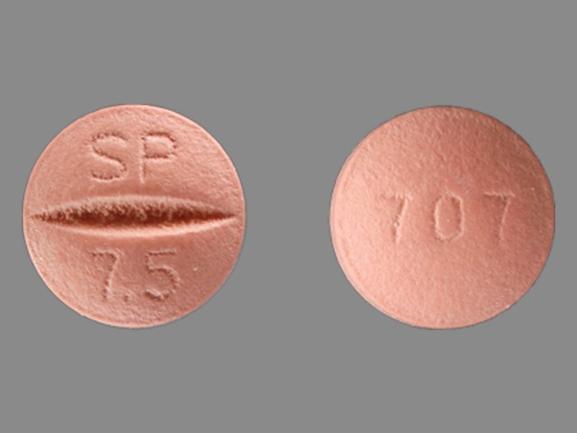Univasc and Alcohol/Food Interactions
There are 2 alcohol/food/lifestyle interactions with Univasc (moexipril).
Alcohol (Ethanol) Moexipril
Moderate Drug Interaction
Moexipril and ethanol (alcohol) may have additive effects in lowering your blood pressure. You may experience headache, dizziness, lightheadedness, fainting, and/or changes in pulse or heart rate. These side effects are most likely to be seen at the beginning of treatment, following a dose increase, or when treatment is restarted after an interruption. Let your doctor know if you develop these symptoms and they do not go away after a few days or they become troublesome. Avoid driving or operating hazardous machinery until you know how the medications affect you, and use caution when getting up from a sitting or lying position. It is important to tell your doctor about all other medications you use, including vitamins and herbs. Do not stop using any medications without first talking to your doctor.
Moexipril Food/Lifestyle
Moderate Food Interaction
It is recommended that if you are taking moexipril you should be advised to avoid moderately high or high potassium dietary intake. This can cause high levels of potassium in your blood. Do not use salt substitutes or potassium supplements while taking moexipril, unless your doctor has told you to.
Switch to professional interaction data
Univasc drug interactions
There are 398 drug interactions with Univasc (moexipril).
Univasc disease interactions
There are 7 disease interactions with Univasc (moexipril) which include:
- angioedema
- bone marrow suppression
- hemodialysis
- hyperkalemia
- hypotension
- liver disease
- renal dysfunction
More about Univasc (moexipril)
- Univasc consumer information
- Check interactions
- Compare alternatives
- Reviews (2)
- Drug images
- Side effects
- Dosage information
- During pregnancy
- Drug class: Angiotensin Converting Enzyme Inhibitors
- Breastfeeding
Related treatment guides
Drug Interaction Classification
| Highly clinically significant. Avoid combinations; the risk of the interaction outweighs the benefit. | |
| Moderately clinically significant. Usually avoid combinations; use it only under special circumstances. | |
| Minimally clinically significant. Minimize risk; assess risk and consider an alternative drug, take steps to circumvent the interaction risk and/or institute a monitoring plan. | |
| No interaction information available. |
See also:
Further information
Always consult your healthcare provider to ensure the information displayed on this page applies to your personal circumstances.


